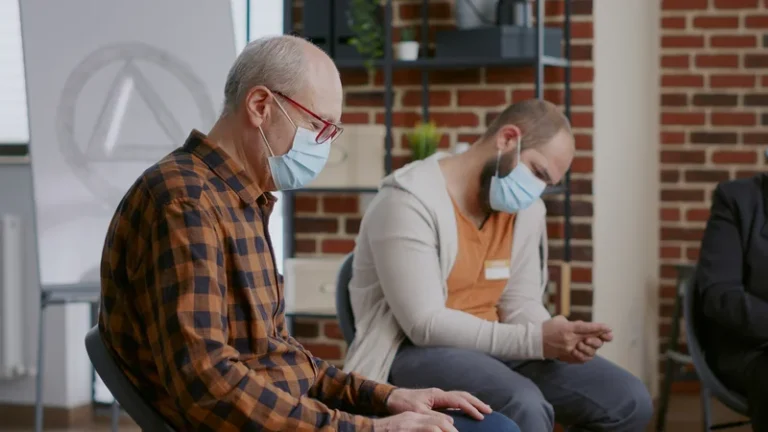
Ardipithecus ramidus, currently dated at 4.4 million years B.P., displays several physical traits that have been linked with pair-bonding in many species (Lovejoy, 2009); so Lovejoy (2009) proposes that human monogamy had evolved by this time. Anthropologists have also re-measured Australopithecus afarensis fossils for skeletal variations; and they report that by 3.5 million years B.P. Hominins exhibited roughly the same degree of sexual dimorphism in several physical traits that the sexes exhibit today.
- This is often caused by issues with neglect and abandonment as a child, and as it plays out in romantic relationships, it becomes a pattern of behavior.
- Other signs are more obvious, such as stalking a love interest or restricting who they interact with.
- By learning the signs and stages of a codependent relationship, you can identify if you might need to break a codependent pattern.
- How strong or destructive does love have to be to qualify as addictive love?
- You can also check out Co-Dependents Anonymous if you want to learn more about codependency and codependent relationships.
Take a break from relationships
Davila said they attend SLAA meetings to work on having responsible and healthy sexual and romantic relationships, and to counter what they call the cultural “fairy tale” of getting rescued through them. Love addiction isn’t a clinical term and neither is love addiction withdrawal. It’s possible to experience feelings and thoughts about a person or relationship that resemble addiction and withdrawal symptoms. Furthermore, these unhealthy behaviors can also lead to financial problems, as individuals may prioritize their romantic relationships over their financial responsibilities. They may spend excessive amounts of money on gifts, dates, trips, or other gestures to maintain the relationship. It’s not uncommon for someone who is labeled with love addiction to try to prove their worth to a partner financially, since they often believe that their authentic self is inadequate or unworthy of receiving love.
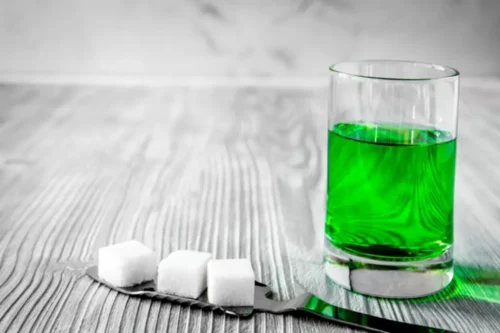
Signs and symptoms of love addiction
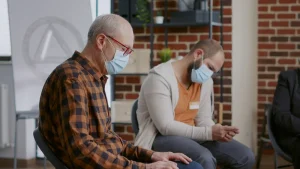
Cohen explains that a tricky aspect of recovering from love addiction is that you treat a powerful emotion like love the same way you might treat addictions to drugs and alcohol, which require abstinence and sobriety, at least for a while. Nobody strictly needs drugs to flourish, but in some circumstances, and for some people, some non-therapeutic drugs could certainly be considered compatible with human flourishing if taken within reason, such as the moderate consumption of alcohol. Other times, love’s pull is so strong that we might follow it even to the point of hardship or personal ruin (Earp, Wudarczyk, Sandberg, and Savulescu 2013). Lovers can become distracted, unreliable, unreasonable, or even unfaithful.
Addiction-Like Behaviors in Early Stage, Passionate Lovers: Euphoria, Obsession, Risky Behavior
With these ideals in mind, you might feel like you have to keep searching for that soulmate, that perfect love, without considering the very real work that goes into making a relationship strong and successful. “From fairy tales to Lifetime movies to Facebook feeds, we’re bombarded with images of ‘perfect’ partners and love that ‘completes’ us,” she says. This overwhelming need for your partner can also happen within a relationship when you crave their company so much you neglect work, school, and other important parts of your life in order to spend time together. The signs of codependency become more obvious during the middle stage.
Sharing a common problem
- Furthermore, people with love addiction struggle with setting boundaries and communicating their needs in a relationship.
- These additional diagnoses can be underlying, or can be the unintended result of, the dysfunctional attempts to soothe the pain of living with the original emotional wound – the attachment injury.
- The bonds you have with other loved ones can fulfill other important social connection needs besides romance.
- SLAA is probably the best known, with more than 1,200 meetings in more than 50 countries, according to its website.
Dr. Gerardo also warns of love addiction affecting your day-to-day life. When you hear the term ”love addiction,” you may think of a storybook character who gulps down a pink, sparkly love potion and suddenly finds themselves instantly infatuated with someone. Obsessive love also fuels the potential for codependency, a dysfunctional relationship dynamic where one person relies almost exclusively on their partner for emotional support, validation and experiencing self-worth. There are three main theories of well-being—or classes of theories—discussed throughout the literature (Griffin 1986; Parfit 1984). How one relates love addiction to well-being, and therefore to treatment, will depend upon the theory (or theories) of well-being one finds most convincing. The following table lists 30 differences between love addiction and authentic love.
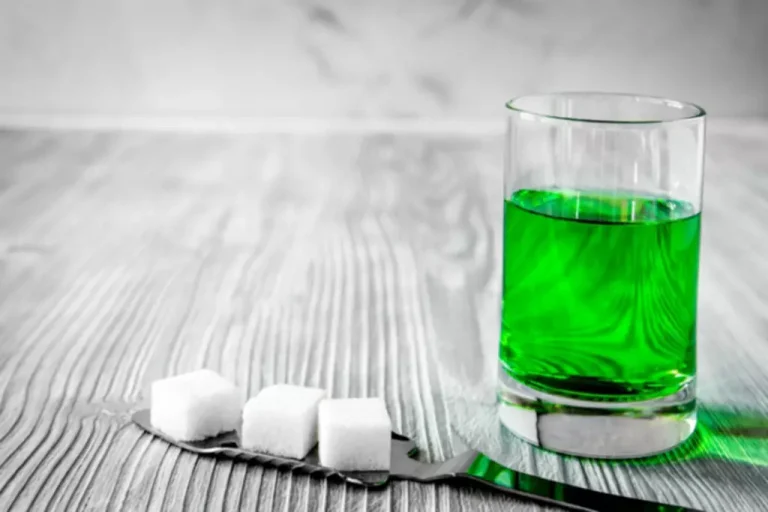
People with love addictions are not satisfied by love-avoidant types, but they are normally drawn to them because the dynamic is familiar. You may recognize this pattern if you often realize that you’ve chosen someone who is “emotionally unavailable.” This causes the love addiction to spike into acute symptoms because their self worth is connected to the attention and validation given by a partner. Finally, neuroimaging support for an overlap between love-addiction and drug-addiction comes from studies in which participants have been exposed to images of their when you love an addict romantic partners during scanning. These images evoke not only self-reported feelings of love and positive affect but also show heavy activation in brain’s reward regions (Aron et al. 2005; Bartels and Zeki 2000; Young 2009; Fisher et al. 2006). The beginning phase of romantic love, even in healthy relationships, can feel exhilarating and sometimes bring mood, cognitive, and neurobiological changes similar to those induced by drugs. Love Addiction, also referred to as pathological love, is a behavioral pattern that is characterized by an overwhelming and unhealthy preoccupation with one or more romantic partners.
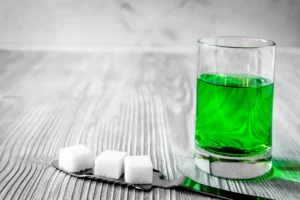
Love and an unhealthy attachment may coexist or be hard to differentiate. Because with addiction, we tend to idealize and often happily self-sacrifice for our partner. When differences and serious problems are largely ignored, minimized, or rationalized, we’re not really seeing or loving the whole person.
- Love addiction and attachment disorders can develop when individuals try to fill the void left by a significant emotional or psychological childhood wound.
- And what if we see the downside of being consumed by being in love all of the time and discover it’s not so easy to wean ourselves from that bad habit?
- When a person in love repeatedly seeks contact with another individual—for physical intimacy, attention, or merely to be in the same room—it is often to secure momentary feelings of intense pleasure and to relieve obsessive thought patterns about the object of her passion.
- If a recovering love addict is not currently in a relationship, it is very important that they pay close attention to the type of partner they may be drawn to when entering a new relationship.
- People with addiction disorders may also become abusive, physically and emotionally.
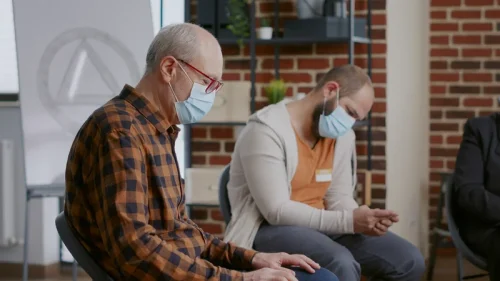
With CBT, the therapist helps the person uncover and cope with causes and triggers for addictive compulsions and behaviors. If your craving for the euphoric “high” of new love is keeping you from the long-term relationship you actually desire, a therapist can help you come up with a productive plan for creating the kind of love you’re seeking. The addictive qualities of love can also come into play during a breakup. A 2010 study examined brain activity in 15 people who had recently experienced relationship rejection. According to the study, similar areas of the brain activated by cocaine cravings were also activated after rejection. Addiction typically refers to alcohol or substance dependency, but experts increasingly support the existence of behavioral addictions.